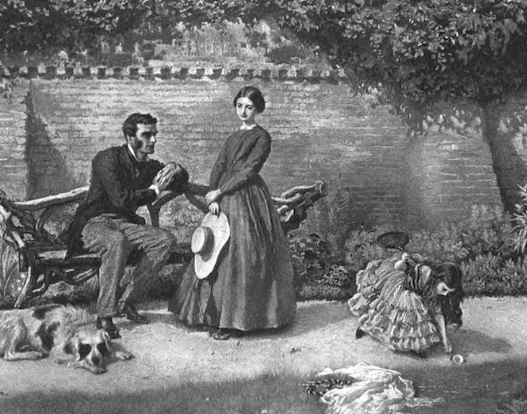The Influence of the Bible in Jane Eyre
The interplay between religion and literature provides a fascinating lens through which to analyze classic texts. In Charlotte Brontë’s Jane Eyre, the Bible plays a significant role in shaping the moral and ethical landscape of the characters. Understanding this influence enriches our appreciation of the novel and sheds light on Brontë’s ideas about faith, redemption, and personal strength.
The Bible as a Moral Compass
Throughout Jane Eyre, the Bible serves as a moral guide for characters, notably Jane herself. From a young age, Jane’s strict upbringing at Gateshead Hall emphasizes religious teachings, often highlighting concepts of sin and virtue. The contrast between Jane’s innate sense of right and wrong and the hypocrisy of figures like Mrs. Reed illustrates the struggles of adhering to moral principles in a flawed society. As the narrative unfolds, Jane frequently turns to biblical references, reinforcing her resilience and asserting her values in the face of adversity. This use of religious doctrine emphasizes her journey toward self-discovery and personal integrity.
Redemption and Forgiveness
The themes of redemption and forgiveness are woven throughout Jane Eyre, often echoed in biblical teachings. Characters such as Mr. Rochester represent the complexities of human fallibility and the potential for redemption. His turbulent past and genuine remorse reflect the biblical notion that forgiveness is attainable, no matter one’s mistakes. The relationship between Jane and Rochester exemplifies this theme, as Jane’s compassion allows for Mr. Rochester’s spiritual and emotional rebirth. Their bond ultimately rests on an understanding that forgiveness is essential for personal growth, resonating with the timeless messages found within biblical scripture.
Faith and Independence
Jane’s journey is not just about her relationships with others; it’s also a profound exploration of her faith and independence. Unlike many characters who adhere strictly to religious doctrine, Jane carves her own path, often questioning established norms. The quiet strength she derives from her belief system empowers her to seek fulfillment beyond societal expectations. This independence mirrors the biblical idea that faith can lead individuals to personal truth and self-empowerment. By asserting her right to happiness, Jane embodies a modern interpretation of faith, suggesting that spirituality can coexist with personal autonomy.
In conclusion, the Bible’s influence on Jane Eyre offers readers valuable insights into the characters’ motivations and moral dilemmas. The themes of moral guidance, redemption, and the balance between faith and independence contribute to the richness of Brontë’s narrative. As you explore the complexities of Jane Eyre, consider how these religious elements enhance your understanding of the characters’ journeys. Dive deeper into the text and uncover the profound ways in which faith shapes human experience.
